Among experts, one often hears the not uncontroversial representation that every specialist high voltage (ev) is an electrical specialist in the sense of the new DGUV Information 209-093, since the corresponding high voltage training would make him one. The new DGUV I 209-093 “Qualification for work on vehicles with high-voltage systems” as the successor to DGUV I 200-005, which is valid until 2021, is still causing some discussion among experts, and not only among experts for high-voltage training or high-voltage qualification. Thus, the statement “Every newly qualified SHV (specialist high voltage) is an electrical specialist” is popular. And this is not fundamentally wrong either. This statement is based on the last sentence of the note to the foreword of DGUV I 209-093, which reads: “The “High-voltage specialist” (SHV) described below is an “electrical specialist” in accordance with DGUV regulations 3 and 4 for the electrotechnical subarea of high-voltage systems”.
So is this the final answer to the question? The answer is a resounding “no”! First of all, a short excursion into other regulations and standards. According to Section 2 (3) of DGUV Regulation 3, an electrical specialist is “someone who, on the basis of his technical training, knowledge and experience as well as knowledge of the relevant regulations, is able to assess the work assigned to him and recognize possible hazards.” Similar formulations can be found in VDE 1000-10, VDE 0105-100 or EN 50110. This definition, which is binding in the formulation of DGUV Regulation 3, also extends in principle to the classic electrical specialists for defined tasks (EFKffTs) according to DGUV Principle 303-001, which was described in this blog post (LINK). Thus, the ESfdt is also an electrical specialist, but one for defined tasks. The legal basis for this is provided by § 7 ArbschG (“Transfer of tasks”) in conjunction with §§ 7 (“Qualification for activities”) and 21 (“General obligations of the employer”) of DGUV Regulation 1 (“Principles of prevention”) as well as the guarantor position incumbent on the responsible persons.
In particular, Section 7 of the ArbschG obligates the employer to pay attention to the professional suitability of its employees. It could therefore be argued that it is at least not impossible and in itself possible to employ any SHV as an electrical specialist, provided that the employer can be shown to be able to trust this SHV with the assigned tasks, particularly from the aspect of hazard prevention and safety.
Due to the requirements of the relevant regulations, the restriction to the specified activities should by no means be disregarded when considering the SHV in accordance with DGUV I 209-093! Although DGIV I 209-093 no longer makes a titular distinction between the SHV and the HV (ev), it does clarify in several places itself the safety-related gradation of entrances A through D of the SHV qualification to Level 2E. This is particularly clear in Chapter 4.1.5 DGUV I 209-093; here, it is even literally described that employees without adequate training must have their electrotechnical knowledge and skills checked despite being qualified to Level 2E. Although this refers specifically to level E3, i.e. live line work, it nevertheless illustrates the clearly different evaluative standpoint and thus use.
Therefore, one should not take the supposed equality mentioned only in the preface too lightly and always consider the principles of electrotechnical safety, to whom which tasks are handed over. Finally, it is and remains the responsibility of the CRES or the entrepreneur who receives which task and competences. This should not be tied to high-voltage training alone. Every employee is much more than just the sum of his or her training and qualifications; this also applies to (ev) high voltage.
PS: Our recommendation here: There are also courses offered by various providers, such as the aforementioned course “Specialist high voltage (ev)” or also the small course for the specialist instructed person for high voltage. More information about this can be found on our homepage
www.tcs-engineering.de
We offer various open seminars as well as customer-specific in-house seminars.
Our free(REALLY free, even WITHOUT having to provide an email address!) paper “6 Things You Need to Know About High-Voltage Qualification of Your Employees in Advance” can be accessed here (click) .
If you want to know more about the different roles, especially those of the responsibilities and especially those of the CRES and their interaction, I recommend our publications, for example the audio book “The chief responsible electrical specialist: CRES structure and operational electrical safety for entrepreneurs, specialists and managers”. Information and sources of supply can be found on the usual audio book portals as well as on the homepage tcs-engineering.de



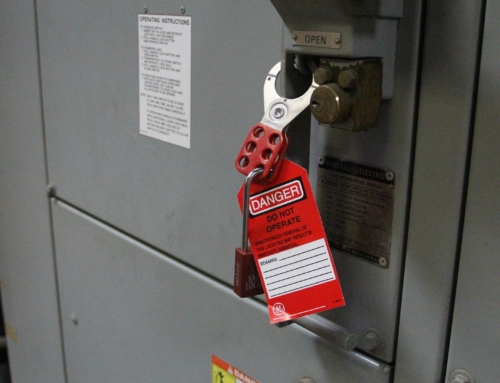

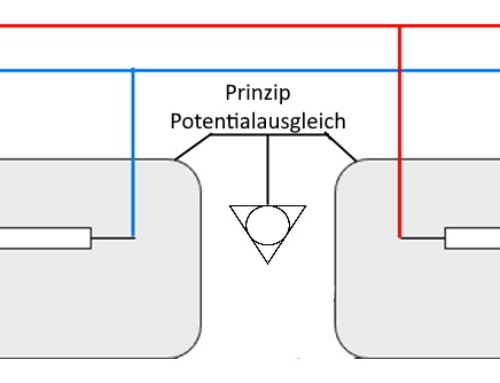
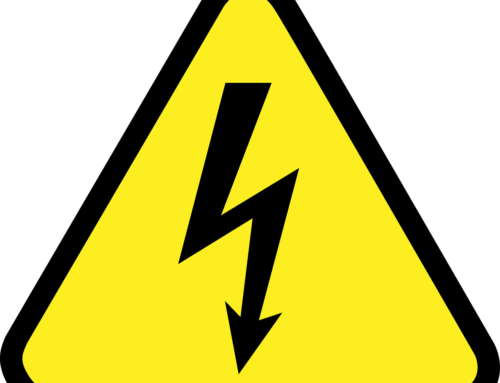
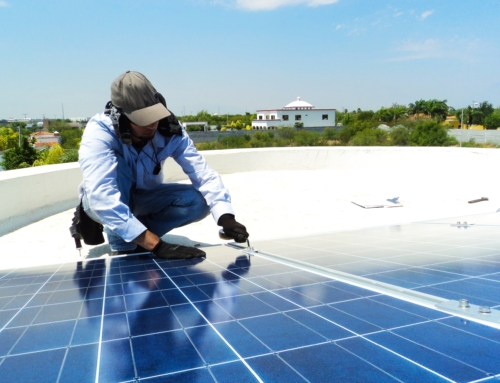


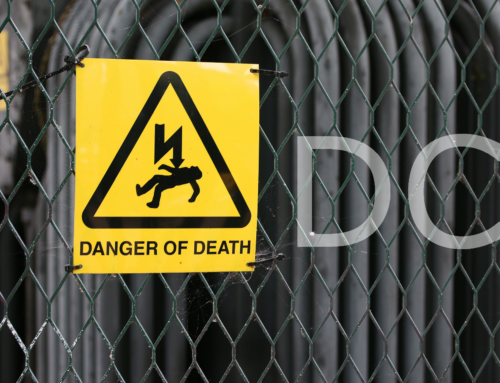
Leave A Comment